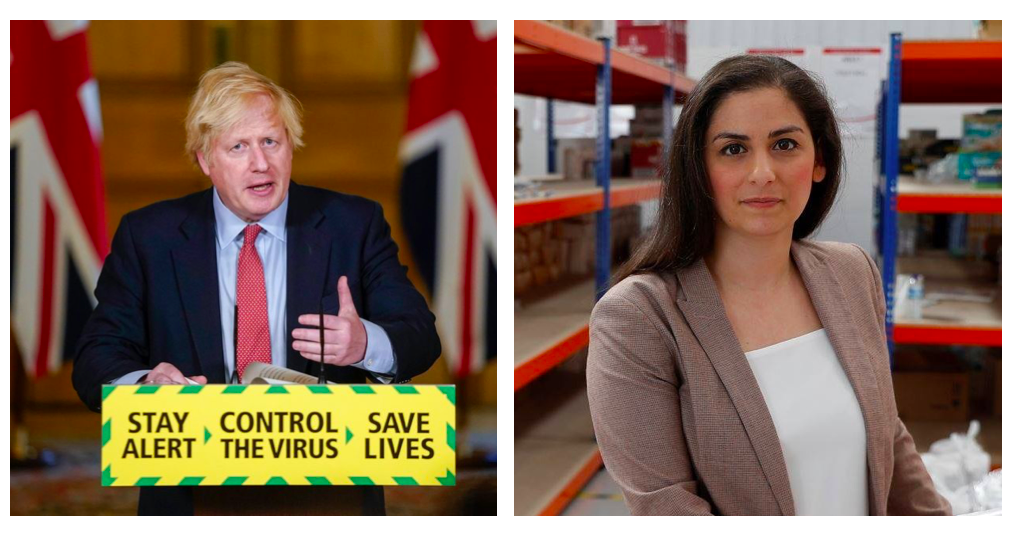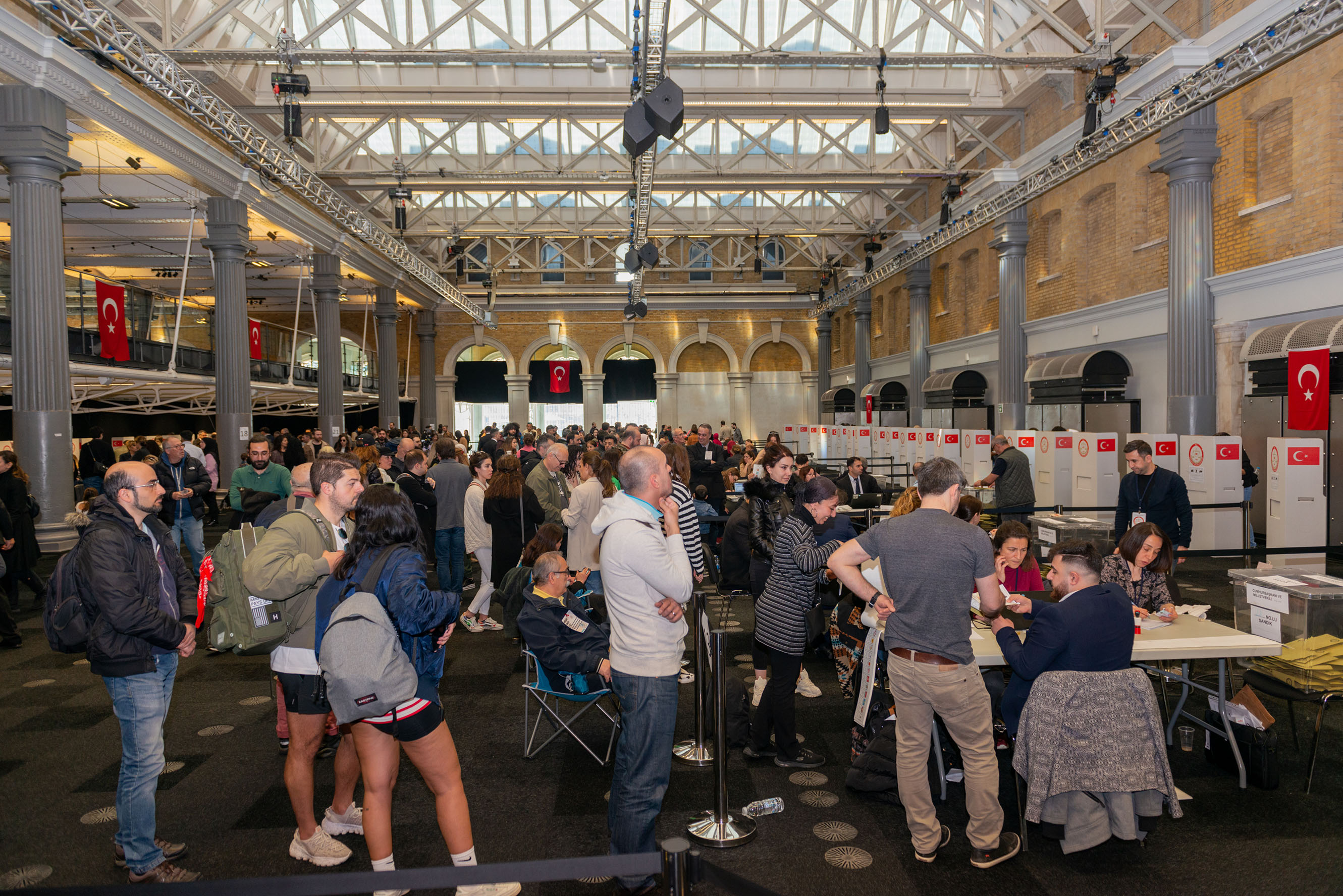A council leader in North London has questioned the government over a lack of detail on how Covid marshals will operate.
Nesil Caliskan, who heads Enfield Council, told the BBC on Thursday that local authorities like hers lacked “basic logistical details from government” about how the marshals will be recruited, and paid for. She also believes confusion over their perceived powers could raise “community tensions.”
The issue arose after Prime Minister Boris Johnson made a surprise announcement on Wednesday evening that his government were introducing Covid marshals across England to enforce tough new rules on social gatherings.
There has been a huge surge in coronavirus cases nationwide in the past few weeks. On Friday, the authorities announced the rate of infection had risen above 1 for the first time since its peak in April.
While the higher numbers are partly due to far greater testing than in the spring, there are also concerns that hospitality venues such as bars and restaurants are failing to apply Covid guidelines after a relaxation of the rules over the summer allowed them to re-open.
Some members of the public are also flouting the rules entirely by refusing to wear masks and maintain social distancing.
The Prime Minister intends to introduce Covid marshals in towns and city centres across England, after a successful trial in Leeds and Cornwall during the coronavirus pandemic.
Mr Johnson says, “stronger enforcement of the rules” are vital and that Covid marshals will” boost the enforcement capacity of local authorities.” He wants to see them in place by Monday, 14 September, when the new ‘rule of six’ comes into force, that will limit all group gatherings to no more than six people.
But his announcement left local government officials blindsided, as they had not been consulted about the plans in advance, leaving many in the dark about how to move forward.
In an interview with the BBC, Mrs Caliskan said: “We don’t know how the marshals will be recruited, how their salaries will be paid, [and] over what period of time they will be recruited. These are quite basic logistical questions that we don’t have the detail from government.”
She also raised fears about “community tensions” over the perceived powers of the new marshals:
“But there is also a deeper concern. The expectation residents may have of these marshals, that they will be able to intervene in the community and use powers that they simply don’t have could potentially be really problematic for community tension.”
There was confusion also among the police about how the marshals will be deployed, with some dubbing them “Covid wombles”.
Metropolitan Police Federation chairman Ken Marsh asked: “Are they for parks, are they for enclosed areas? I just don’t know, no-one knows.”
While police have the powers to issue on-the-spot fines and arrests for those breaking Covid rules, it is believed the new Covid marshals will be used primarily for information gathering and advice, giving members of the public guidance on the rules, while helping to gather contact details at venues to be used for track and trace.
The marshals are expected to target central areas, patrolling parks, shopping centres, train stations and other public spaces where people usually gather in larger numbers.





